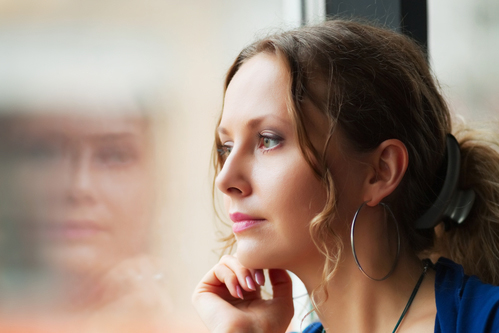
A modern-day epidemic
As a society, we are growing more isolated. Activities that once brought us out into the social sphere are now increasingly conducted alone. We watch movies on big screen TVs at home rather than collect in public theatres; we shop online rather than in malls, and even when out in public, we focus on smart phone screens rather than talking to neighbors. People stay single longer and the number of people living in single-person households continues to grow.
Researchers point to an unintended side effect of this growing isolation, what they describe as an “epidemic of loneliness.” In a series of recent studies, researchers say that loneliness is a health risk that’s right up there with smoking and obesity in terms of shortening lives. Being socially connected is an important human need. Researchers say that loneliness can lead to stress, sleep and hormone disruption, depression, and poor health. It can also impact our ability to recover from illnesses.
Loneliness is a state of sadness and anxiety at feeling alone and disconnected from others. Neither solitude nor being single necessarily equates to loneliness. Many people enjoy solitude and find happiness in solitary pursuits. And loneliness is not confined to single people: people can be lonely in a crowd; people in dysfunctional relationships can often suffer a heavy burden of loneliness.
Others who suffer from loneliness might include those newly single due to a death or a divorce, stay-at-home parents who have left a career, people who are homebound due to illness or disability, and people who have relocated to a new place.

We asked our counselors for tips on how to combat loneliness. Here are a few suggestions:
- Help someone else. Generosity is therapeutic. Volunteer for a social or a community service.
- Take a class or join a group. Immerse yourself in social activities that interest you, whether politics, self-improvement, hobbies, reading or music.
- Get a pet. Animal to human contact is comforting. If you can’t have a pet, volunteer at a shelter or offer to pet sit or dog walk for others.
- Teach yourself to do fun things alone. Try going to movies, museums or lunch at a nice café solo. If it feels awkward at first, bring a book or take photos.
- Go outdoors. Nature has a restorative power to heal. Long walks in beautiful places can bring a sense of inner calm.
- Be inclusive, kind and helpful. Reach out to work colleagues and neighbors.
- If loneliness persists and interferes with daily life activities, reach out for help. Your EAP has online self-help resources at www.theEAP.com and counselors are available to talk to 24-7.
1.800.252.4555 or 1.800.225.2527
View more newsletters at www.theEAP.com
